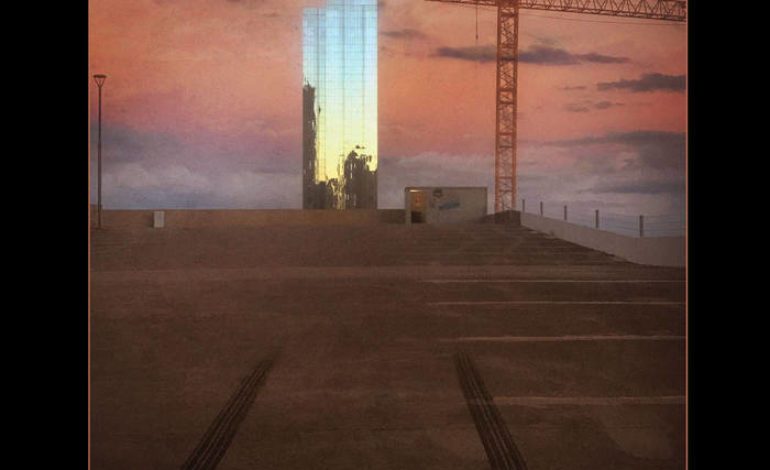

Experimental tracks ultimately lack synchronicity
2020 marks the first album release in five years for Pittsburgh-based progressive rock group Zombi. The duo, consisting of Steve Moore and Anthony Paterra, have spent close to two decades creating experimental rock compositions that rely heavily on looping of instrumental tracks in order to create a layered, harmonious sound.
On this album, the pair utilize heavy, grungy and distorted guitar riffs in conjunction with abrasive percussion tracks and twangy electronic sounds that feel more spacey than psychedelic. 2020‘s combination of the guitars’ distortion and the reverb-heavy electronic tracks manages to achieve a hazy but pronounced progressive sound. The sound of this album is somewhat resonant of Metallica’s lauded 1999 live performance with the San Francisco Symphony: instrumentals based in the traditions of metal and hard rock combined with electronic sounds similar to those found within the melodic grandeur of a classical symphony orchestra. As can be seen from Metallica’s example, this combination has great potential to further advance the boundaries of the rock genre. The tracks on 2020 seek to capture a similarly interesting sound.
Unfortunately, these tracks are quite oddly arranged. It’s difficult to decide whether the album has too little of a “flow” or too much of one; the odd arrangement makes the tracks on the album seem out of place within their respective contexts. This can be noted most prominently in the transition between the energetic, synth-heavy opening track “Breakthrough & Conquer” and the heavy, percussive and grungy “Earthscraper” that follows. While Zombi’s sound is so reliant on looping of tracks, there may just be too little instrumental variety on these tracks. It takes a while for the tracks to take any sort of cohesive form, and to make matters worse, then have a tendency to drag.
This is not to say that Zombi didn’t make a concentrated effort on this album to create variations in its sound. The addition of numerous playful synth tracks is clear evidence that they are still pushing for innovation. However, many of those efforts are too ambitious in their progressive intentions: one of the most odd choices comes at around 1:14 on “Fifth Point of the Pentangle,” where the drumming changes tempo abruptly to accommodate other sounds, as an ominous electronic track hums on in the background. In listening terms, it garners an audible “double take” upon first listen. Other tracks severely lack chord progressions and diversity in riffs and at times, the blaring percussion drowns out the other instruments (“Family Man”).
On 2020, Zombi is reaching for a new pocket of their experimental sound, but the bridge between the album’s electronic sounds and its elements of metal and grunge is too obscured by this lack of cohesion. Some tracks are decidedly more synth-laden and electronic, while others hammer away on crashing symbols and scratchy guitars, causing the album to lack a truly proper flow from start to finish. If Zombi can choose a more well-defined instrumental direction and rely more on their keen ability to layer instrumental tracks thoughtfully, they are sure to find a better sense of the experimental sound they’re after.
